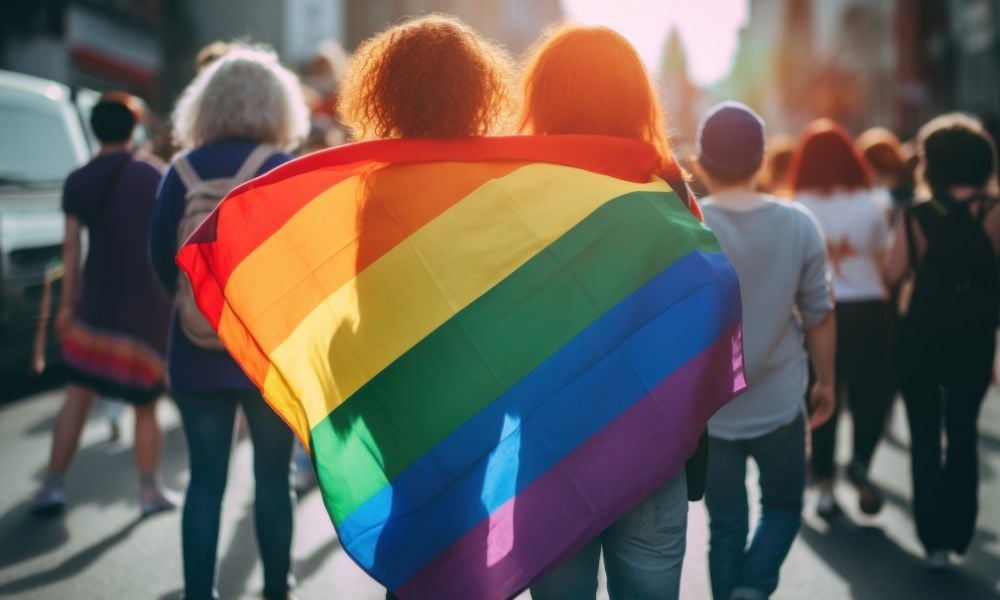
The law bans same-sex marriage, adoptions by same-sex couples, and gender-affirming treatments

A newly passed "family values" law in Georgia has raised alarm within the LGBTQ+ community and stoked concerns about shrinking civic space as the country approaches its parliamentary election on October 26.
The International Bar Association (IBA) reported that the legislation, approved in September by lawmakers, bans same-sex marriage, adoptions by same-sex couples, and gender-affirming treatments, sparking backlash from human rights groups and opposition leaders.
Despite opposition boycotting the vote and President Salome Zourabichvili refusing to sign the bill, parliamentary speaker Shalva Papuashvili enacted the legislation on October 3. Supporters argued the law is necessary to protect traditional values, but critics warned it could fuel further discrimination and erode civil liberties.
The passage of this law comes on the heels of another controversial bill passed earlier this year. The "foreign agents" law, similar to legislation enacted in Russia, requires media outlets and NGOs that receive over 20 percent of their funding from abroad to register as "foreign agents." Both laws have drawn comparisons to measures in Russia that have curtailed press freedoms and civil society.
David Asatiani, chairperson of the Georgian Bar Association, expressed concern over the new "family values" law. "We will continue to monitor the situation and engage in constructive dialogue or strategic litigation, if necessary, to ensure that the legal framework in Georgia promotes inclusivity and protects the rights of all individuals," Asatiani said in a statement.
The law has particularly raised concerns within Georgia's transgender community. Tamar Oniani, human rights programme director at the Georgian Young Lawyers’ Association (GYLA), voiced fears that the prohibition of gender-affirming treatments could deny essential healthcare to transgender individuals.
The day after the bill’s passage, the murder of prominent Georgian transgender model Kesaria Abramidze in Tbilisi further escalated fears of rising homophobic and transphobic violence, according to the IBA.
The European Union has also criticized Georgia's legislative changes. In July, the EU suspended accession negotiations following the passage of the "foreign agents" law. In October, the EU Delegation to Georgia announced that the country would lose €121 million in assistance due to "democratic backsliding."
With the upcoming parliamentary election widely seen as a referendum on whether Georgia will align with EU values or move towards Russian-style authoritarianism, civil society organizations are mobilizing to support Georgia's EU bid. A pro-EU march is planned for October 20, despite restrictions on public protests.